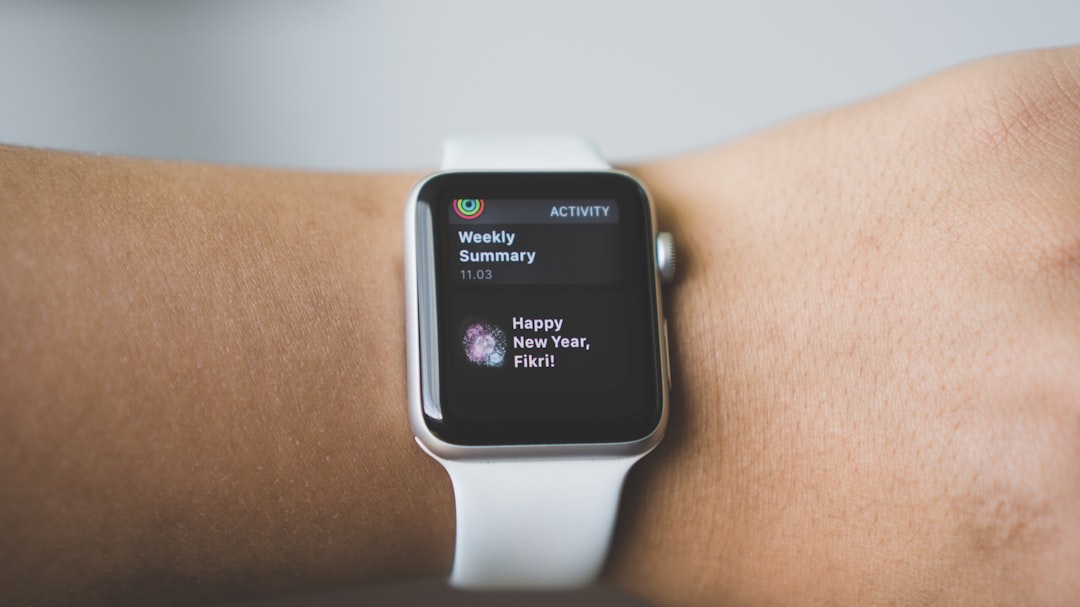Personal Assistant Kaiāwhina Whaiaro
Personal assistants provide administrative, clerical, secretarial and general support to managers and other professionals. They may also be responsible for financial planning, recruitment and staffing.
Personal assistants may do some or all of the following:
- keep managers' diaries, including making their appointments and travel arrangements
- take messages, answer queries and screen telephone calls and visitors
- arrange meetings, conference calls, hui and conferences
- take minutes and dictation
- research, prepare and format emails, letters, reports and other documents
- prepare monthly reports, budgets, financial data and presentations
- manage projects or junior staff.
Useful Experience
Useful experience for personal assistants includes:
- word processing and data entry work
- reception work
- customer service work
- administration work.
Personal Qualities
Personal assistants need to be:
- good at planning, organisation and time management
- able to relate to people from a range of cultures and at all levels of management
- friendly and helpful
- accurate, and have an eye for detail
- diplomatic and discreet, with good judgement
- skilled in decision making and problem solving
- able to show initiative and work well under pressure.
Skills
Personal assistants need to have:
- knowledge of their organisation and what other staff do
- good writing skills, including report writing skills
- knowledge of financial reporting and budgeting
- the ability to keep up to date with changes in office technology
- staff and project management skills
- research skills.
Conditions
Personal assistants:
- usually work regular office hours, but may sometimes work longer hours, or evenings and weekends, or work part time
- work in offices
- may work in stressful conditions if they support managers who are in high-pressure jobs
- may occasionally travel locally, or overseas, to attend meetings or conferences.
Subject Recommendations
There are no specific secondary education requirements to become a personal assistant. However, accounting, business studies, digital technologies, maths and English are useful.
Related Courses
Personal Assistants can earn around $55K-$1100K per year.
Pay for personal assistants varies depending on their location, experience, level of responsibility and the type of organisation they work for.
- Legal secretaries usually earn between $55,000 and $85,000 a year.
- Personal assistants and legal personal assistants usually earn between $60,000 and $90,000 a year.
- Executive assistants who work with senior executives in large organisations can earn between $65,000 and $110,000 a year.
Source: Hays, 'Hays Salary Guide FY22/23', and PERSOLKELLY, '2023 - 2024 Salary Guide', 2023.
Personal assistants may move into roles in event planning, human resources, marketing, project management or public relations.
Personal assistants may also move into middle management, but usually need to gain more qualifications to do so.
With further training, legal secretaries may progress to become legal executives.
- Event manager job information
- Human resources adviser job information
- Legal executive job information
- Marketing specialist job information
- Project manager job information
- Public relations professional job information
Personal assistants may work in specialised roles such as:
- Legal Secretary
- Legal secretaries do administrative work in law firms or courthouses. They may do conveyance work or prepare legal documents such as wills or trusts.
- Medical Secretary
- Medical secretaries work in medical centres or hospitals. They need to know medical terms to prepare medical reports or use medical databases.
Years Of Training
There are no specific requirements to become a personal assistant. However, a business administration qualification, such as a certificate or diploma, may be useful.
Personal assistants can complete a New Zealand Certificate in Business (Administration and Technology) (Levels 3 and 4) or a New Zealand Diploma in Business (Administration and Technology) (Level 5) while working.
Ignite Colleges oversees workplace assessments.
Personal assistants may also become members of the Association of Administrative Professionals New Zealand (AAPNZ), which offers professional development opportunities.

 Southern Cross Campus
Southern Cross Campus